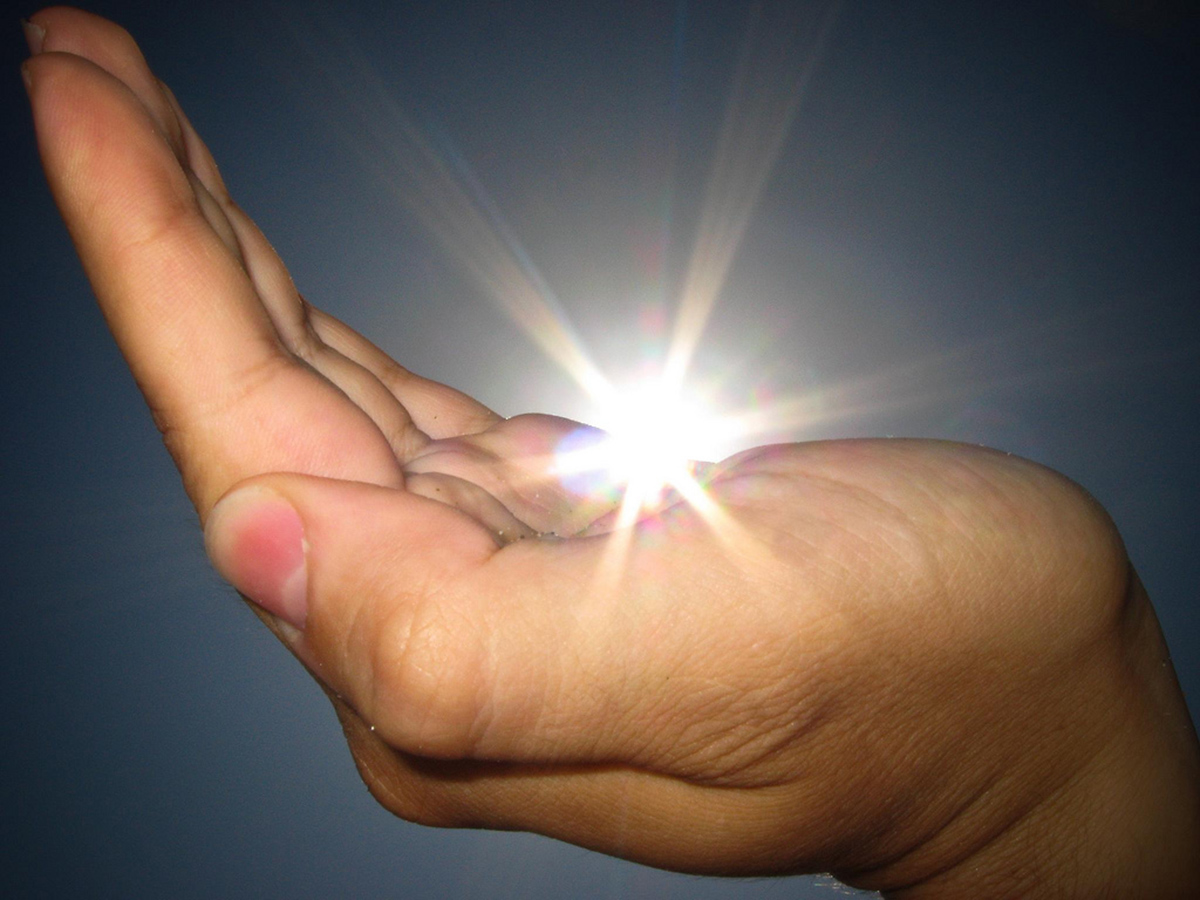Table of Contents
Disgust, Relief, And Medical Care
Trypophobia is a proposed term for the irrational and intense fears of holes. This, too, is something that has been floating around the web in recent times, complete with pictures of hole-containing flowers Photoshopped onto people's hands, shoulders, and even eyes. Though some of these images come complete with super-imposed worms crawling out, those aren't even necessary to induce a strange disgust; the holes are quite enough by themselves. Once again, I've found myself browsing through these images, and they have a surprising amount in common with the cyst-popping videos. I don't have the least amount of hole-phobia, but holes in your own body where they aren't supposed to be? Well, that signifies that there's something wrong. No wonder that people are drawn to them.

Cyst popping concretely brings us into contact with something that is quite frightening, could happen to any of us, and yet isn't life-threatening. Could it be that watching cyst-popping videos helps us deal with the fact that every last one of us has frail and fallible bodies that could give us pain and disgust at any time? Could cyst-popping allow us to play out our flight or fight response with regard to our medical fears in a safe setting? I think so.
Ultimately, we humans, as inherently empathetic beings, can also easily imagine that having a pressure-filled and uncomfortable cyst ultimately relieved would feel quite amazing. As the cyst-popping comes to a conclusion, we feel relieved on behalf of the patient being shown in the videos we watch and then experience stress alleviation by proxy.
Soothing Repetitive Action
Watching the popping of cysts isn't a "disgusting, yet can't look away" experience for everyone, however. One interesting tidbit about SteadyHealth, a seemingly humble health website that's one of many, is that we were the website on which one striking new phenomenon was first discovered. One SteadyHealth user initially dubbed this phenomenon a "weird sensation that feels good". Since given a name — sensory Meridian response (ASMR) — this feeling is caused by watching, hearing, or smelling certain things. Some describe ASMR as a "brain orgasm", and it's more commonly triggered by people whispering, brushing their hair, and turning the pages of books. Once someone experiences this tingling feeling, they'll go to great lengths to find it again.
I think the closest I personally came to experiencing ASMR was an Indian head massage. However, it doesn't come as a surprise to me that some people may experience this "weird sensation that feels good" while watching a cyst-popping video. Cyst popping, then, though akin to watching a car crash play out for some, may indeed be a soothing experience to some, one that even offer some a "brain orgasm". It has been well-established that humans will go to much greater lengths to avoid pain than to experience proactive pleasure, so that this repetitive pain-relieving action turns out to be a source of relaxation to some should not really come as much of a surprise.
READ 'Head Orgasm': The Story Of A Strange Sensation That Took Over The Internet
Those of us who occasionally watch cyst-popping videos may have quite diverging reasons, then, ranging from the care for other human beings to pain relief, and from learning something to experiencing neurological ecstasy. As one friend of mine likes to point out frequently, "humans are weird". While they remain so, cyst-popping videos are likely to increase in popularity.
- Photo courtesy of quinnanya: www.flickr.com/photos/quinnanya/5272421999/
- Photo courtesy of quinnanya: www.flickr.com/photos/quinnanya/5272421999/
- Photo courtesy of Viditu: www.flickr.com/photos/turyddu/2682923190/


Your thoughts on this